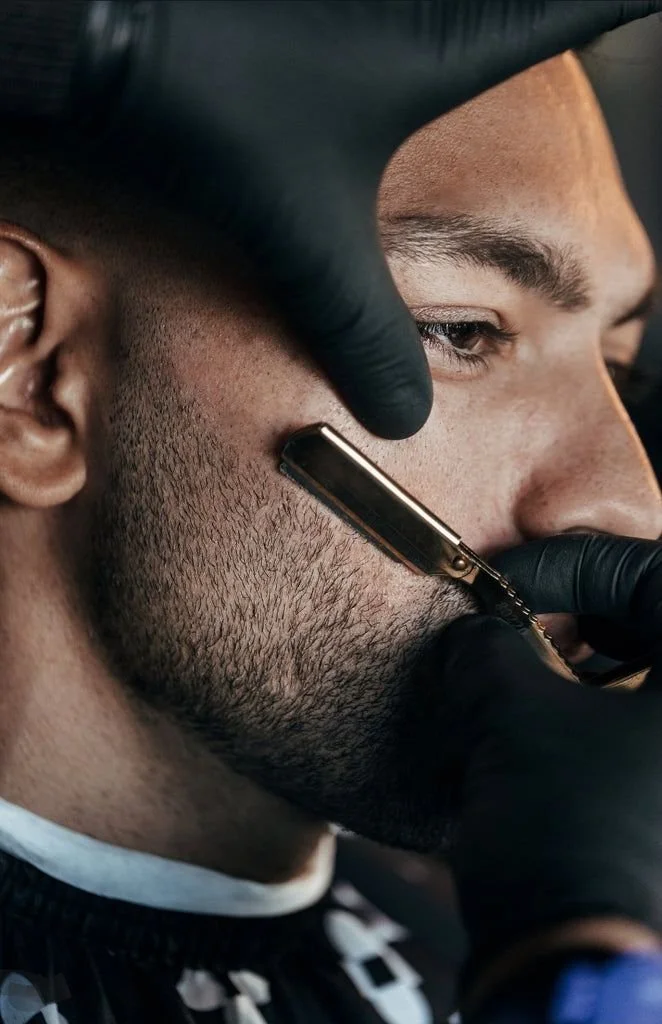5 Types Of Workplace Accidents Where Brain Injuries Are Common
Workplace accidents are unfortunate realities that can change lives in an instant. While slips, falls, or equipment malfunctions might seem minor at first glance, the impact of a serious brain injury is anything but minor. Imagine living in a thriving city like San Bernardino, where the workforce is the backbone of industries ranging from logistics to healthcare.
With over 200,000 residents, San Bernardino is a vibrant community that relies heavily on its workers to keep industries running smoothly. But what happens when a workplace accident threatens your livelihood and ability to lead an everyday life?
If you’ve ever faced the challenges of a workplace injury, you know how overwhelming it can feel to figure out your next steps. That’s where a San Bernardino brain injury attorney becomes crucial.
Whether you're dealing with an accident in a warehouse, construction site, or office, having someone on your side who understands the stakes is vital. After all, you're not just fighting for compensation—you're fighting to regain control of your future.
In this article, we explore the five types of workplace accidents that commonly result in brain injuries, shedding light on the risks and steps you can take to protect yourself.
No. 1
Slips, Trips, and Falls
You might not think much about a slippery floor or uneven surface, but falls are a significant contributor to brain injuries in the workplace.
Picture yourself hurrying across a warehouse floor or stepping off a ladder at the end of a long day. A single misstep could lead to a head impact, leaving you with lasting consequences.
How to Protect Yourself:
Always wear slip-resistant footwear.
Be vigilant about reporting hazards like wet floors or uneven surfaces.
Encourage your employer to implement regular safety checks.
No. 2
Falling Objects
Imagine standing under a heavy load on a construction site or stocking inventory in a store. Suddenly, something drops—a tool, a piece of equipment, or even a box. If it strikes your head, the results could be devastating.
How to Protect Yourself:
Always wear proper safety gear, such as hard hats.
Ensure overhead items are properly secured.
Speak up if you notice unsafe storage practices.
Employers have a responsibility to ensure that workspaces are safe and that overhead hazards are minimized.
No. 3
Vehicle-Related Accidents
If your job involves operating forklifts, trucks, or other vehicles, the danger might feel like part of the job. However, even a minor collision or sudden stop can lead to a brain injury.
Think about a forklift operator working in a cramped warehouse or a delivery driver navigating unpredictable traffic.
How to Protect Yourself:
Stay alert and follow proper vehicle operation protocols.
Ensure your employer maintains vehicles in good working condition.
Advocate for regular safety training for all employees.
Effy Desk
Transform your workspace with Effy Desk's ergonomic solutions and experience comfort and productivity like never before.
No. 4
Machinery Accidents
Heavy machinery is essential to many industries, but it also comes with serious risks. A sudden malfunction or even a moment of inattention around moving parts can result in a traumatic brain injury.
For example, workers in manufacturing plants often deal with equipment operating at high speeds.
How to Protect Yourself:
Follow all safety protocols and procedures.
Ensure you have proper training before operating machinery.
Report any malfunctioning equipment immediately.
Employers must provide adequate training and enforce strict safety measures to reduce the risk of accidents.
No. 5
Explosions and Blasts
While less common, explosions can occur in industries like construction, mining, or manufacturing. The force of a blast alone can cause a brain injury, even if you're not struck directly.
You might also experience injuries from falling debris or sudden falls caused by the impact.
How to Protect Yourself:
Wear protective gear, such as helmets and goggles.
Ensure your employer implements thorough safety measures in high-risk environments.
Participate in emergency drills to prepare for potential accidents.
Takeaways
Brain injuries in the workplace don’t just affect your health—they impact your ability to work, care for your family, and live your life fully. Staying aware of these common accidents and advocating for safe practices helps you take control of your safety and well-being.
If you or a loved one has suffered a brain injury at work, consulting a brain injury attorney can make all the difference. They can help you navigate the legal process, secure compensation, and regain control of your future.
Your safety is invaluable—don’t wait until it’s too late to take action. Advocate for safer workplaces and protect yourself and your colleagues from preventable injuries.
Looking for resources?
At Hello Lovely Living, we aim to empower you to earn and save money and time while benefiting from our expansive network of home, life, wellness, travel, work-from-home, career, and business resources and opportunities. Discover a wealth of tools to support your journey.































